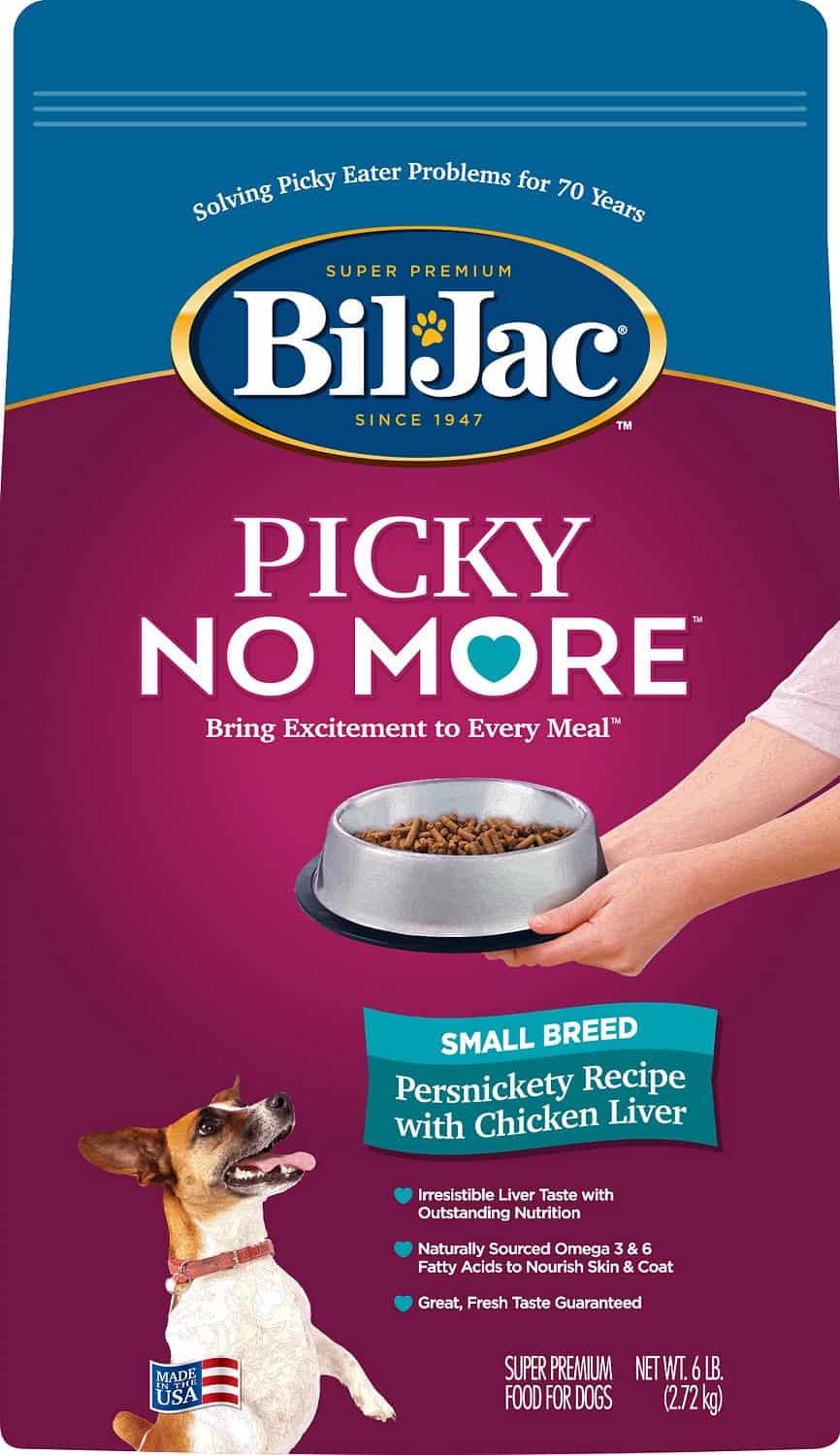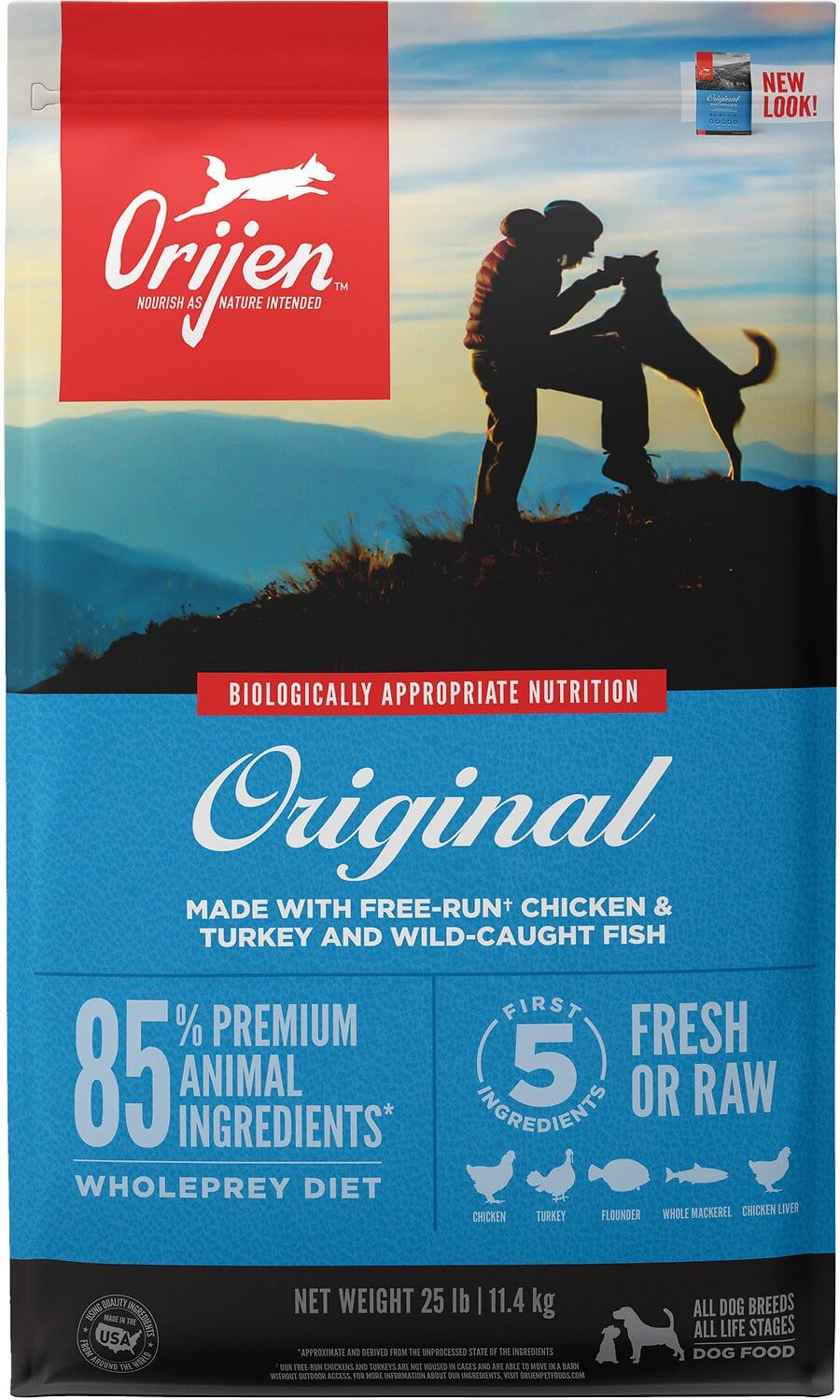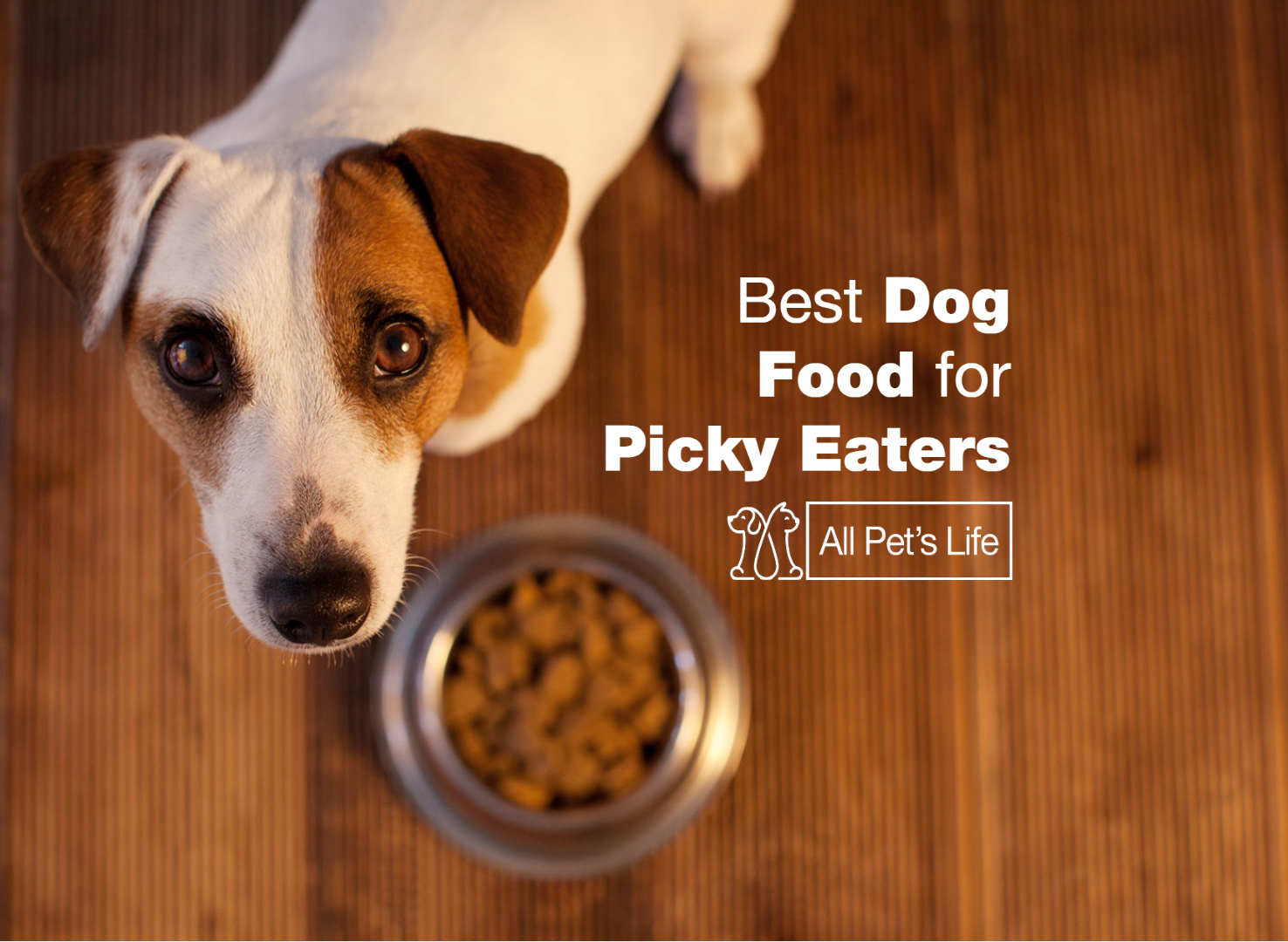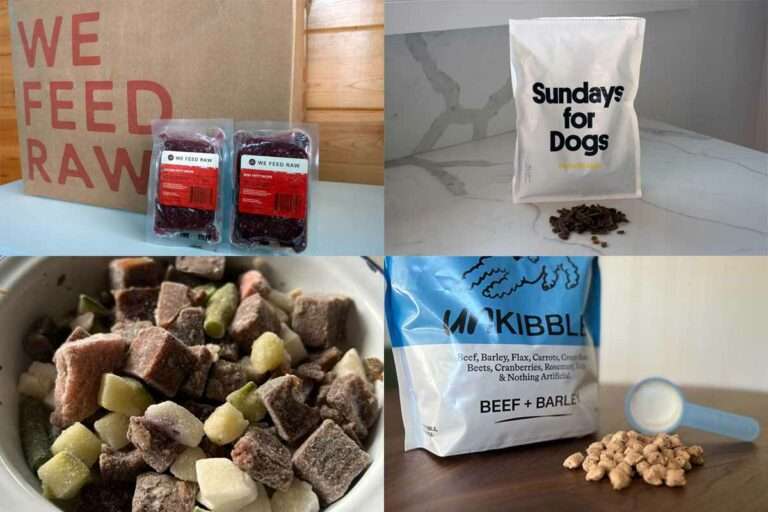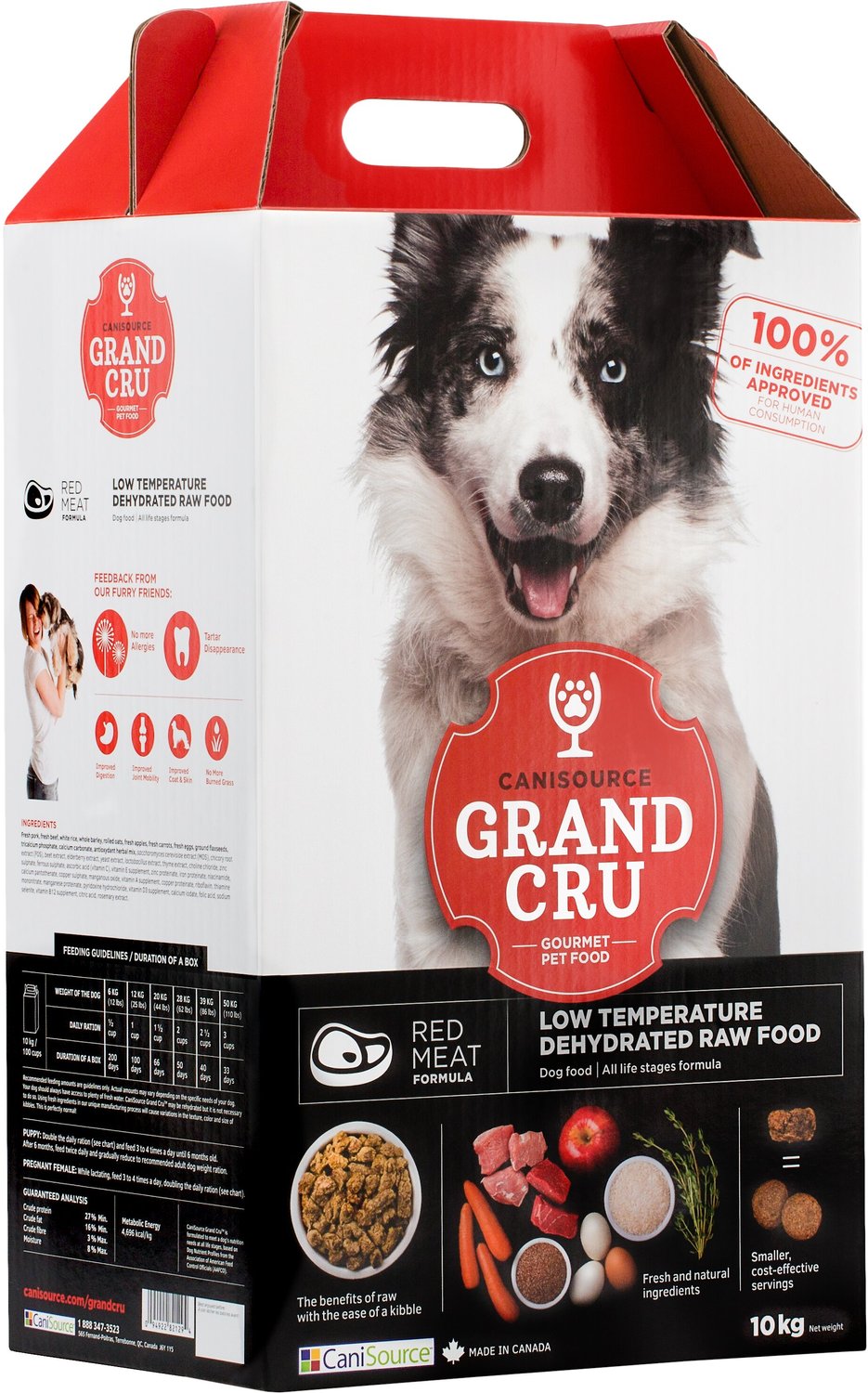Dog Food Brands For Picky Eaters

The struggle is real for many dog owners: a beloved canine turning up its nose at a bowl of perfectly good kibble. For these picky eaters, mealtime can become a daily battle of wills, leaving owners frustrated and concerned about their dog's nutritional intake. But the pet food industry has taken note, and a growing number of brands are now catering specifically to these discerning palates.
This article explores the landscape of dog food brands designed for picky eaters, examining their key features, ingredients, and expert opinions on whether they offer a legitimate solution to the finicky-fido dilemma. It also aims to provide dog owners with the information needed to make informed decisions about their pet's diet.
Understanding Picky Eating in Dogs
Picky eating in dogs isn't always about mere preference. Underlying medical issues, dental problems, or behavioral factors can contribute to a lack of appetite. Therefore, vets always recommend a full check up.
Before switching foods, owners should rule out any health-related causes with a veterinarian. If health issues are ruled out, then exploring specialized food options may be a viable solution. However, the *American Veterinary Medical Association* (AVMA) stresses the importance of consulting a veterinarian before making significant dietary changes.
Key Features of Dog Food for Picky Eaters
Dog food brands designed for picky eaters often employ a multi-pronged approach to entice dogs. This can involve focusing on enhanced aroma, palatability, and texture. Certain ingredients can be more appealing.
Many brands utilize real meat as the primary protein source, which is generally more appealing to dogs than plant-based proteins. Enhanced aroma is achieved through the use of natural flavor enhancers and carefully selected ingredients. Some add gravy like toppers to make kibble more appealing.
Texture also plays a vital role. Some picky-eater formulas feature smaller kibble sizes or softer textures to make them easier to chew and digest, particularly for older dogs or those with dental issues. Furthermore, the *Association of American Feed Control Officials* (AAFCO) sets standards for nutritional adequacy in dog food. Brands targeting picky eaters must still meet these standards.
Notable Brands and Products
Several brands have emerged as popular choices among owners of picky eaters. Each brand boasts a unique approach to enticing canine consumers. Some of the notable brands include Royal Canin, Hill's Science Diet, and Purina Pro Plan.
Royal Canin offers a specific "Appetite Stimulation" formula designed to appeal to fussy eaters. It focuses on a highly palatable kibble shape and aroma. Hill's Science Diet offers a range of options, including sensitive stomach and skin formulas that may be more appealing to dogs with underlying digestive issues that contribute to picky eating.
Purina Pro Plan offers a wide variety of formulas with real meat as the first ingredient. Many find these more appealing than brands using plant-based proteins. These brands, as well as others, often utilize customer reviews and feedback to refine their formulas and ensure palatability.
Expert Opinions and Considerations
While specialized dog foods for picky eaters can be helpful, veterinarians often caution against relying solely on palatability. It's crucial to ensure the food provides complete and balanced nutrition. Owners can use the 90% rule to help gauge intake.
According to Dr. Emily Carter, a board-certified veterinary nutritionist, "It's important to remember that a dog's pickiness can sometimes be a sign of a deeper issue. Addressing the root cause is always the priority." She also stresses reading the ingredient list carefully.
Another consideration is the potential for "flavor fatigue." Constantly switching between different flavors or brands can actually exacerbate picky eating behaviors in some dogs. "Stick with a high-quality food your dog enjoys as long as they maintain good health," says Dr. Carter.
A Human-Interest Angle: Sarah's Story
Sarah, a dog owner from Chicago, struggled for months to find a food her Labrador, Max, would consistently eat. "He would eat a few bites and then walk away," Sarah explains. "I was so worried he wasn't getting enough nutrients."
After consulting with her veterinarian, Sarah switched to a sensitive stomach formula. That was made with real salmon, and Max started eating more regularly. "It wasn't a miracle cure," Sarah says, "but it definitely made a difference. He actually looks forward to mealtime now."
Conclusion: Informed Choices for Happy, Healthy Dogs
Navigating the world of dog food for picky eaters requires a balanced approach. Owners should prioritize consulting with a veterinarian, ruling out medical conditions, and carefully evaluating the nutritional content of different brands. Ultimately, the best food for a picky eater is one that is both palatable and provides complete and balanced nutrition.
By understanding the underlying causes of picky eating and making informed choices, dog owners can ensure their beloved companions receive the nutrients they need to thrive. The key is to focus on a holistic approach that combines veterinary guidance with careful consideration of a dog's individual preferences and needs.
